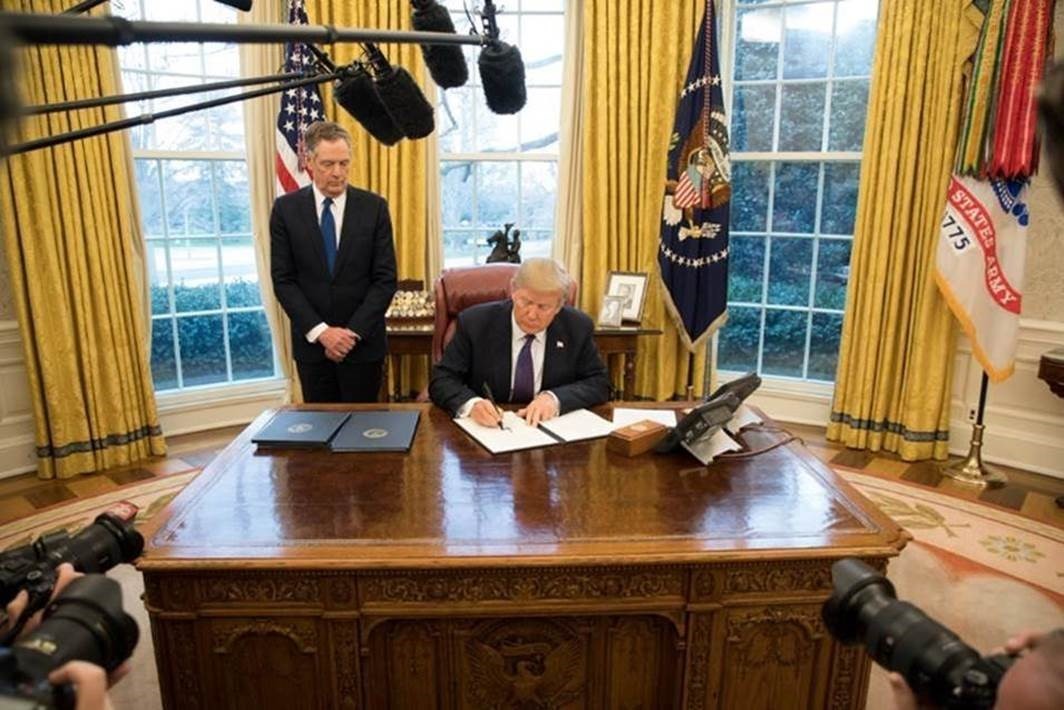The grants will result in more energy-efficient buildings, a key element of a least-cost strategy for 100% renewables.
The U.S. Department of Energy (DOE) has awarded $90 million in grants to advance adoption of the latest building energy efficiency codes in 26 states and the District of Columbia.
A National Renewable Energy Laboratory study found that the cost-optimal strategy to reach a 100% renewables grid would involve energy efficiency improvements in existing buildings of about 60%, along with oversized renewable generation and long-term energy storage.
Adoption of the most recent building energy efficiency codes would yield $138 billion in customer savings over a 30-year period, according to a Pacific Northwest National Laboratory study cited by DOE, and also avoid emissions of 900 million metric tons of CO2.
“To realize these immense cost-saving and public health benefits, it is critical that states and local governments update their building codes based on the latest technologies and construction practices and support their successful application,” DOE said in a statement.
“However,” DOE added, “two out of every three communities in the U.S. have not adopted the latest building codes, in part due to a lack of available resources to support their implementation.” DOE’s grant awards are designed to support implementation.
Improving energy efficiency in homes and businesses can also make communities more resilient to extreme weather events, DOE said.
DOE plans to award further grants with the remaining $135 million of the $225 million authorized for the program over five years, under the Bipartisan Infrastructure Law. DOE will release remaining funding through the same competitive selection process used for the newly announced grants, said a spokesperson.
America’s 130 million residential and commercial buildings are responsible for 35% of the nation’s total carbon emissions, DOE said.
Grants were awarded to states, cities, tribes and nonprofits for activities that will support energy code updates and implementation, including workforce development, community engagement, research and data collection, energy, equity and environmental justice, and increased support for compliance and enforcement.
The awardees are:
- Alaska Housing Finance Corporation (Anchorage, Alaska)
- American Council for an Energy-Efficient Economy (Washington, D.C.)
- ASHRAE (Peachtree Corners, Ga.)
- California Energy Commission (Sacramento, Calif.)
- Center for Energy and Environment (Minneapolis, Minn.)
- City of Fort Collins (Fort Collins, Colo.)
- Clean Energy Group, Inc. (Montpelier, Vt.)
- ClearlyEnergy, Inc. (Severna Park, Md.)
- Colorado Energy Office (Denver, Colo.)—two grants
- Earth Advantage (Portland, Or.)
- Elevate Energy (Chicago, Ill.)
- Energy Futures Group (Hinesburg, Vt.)
- Institute for Market Transformation (Washington, D.C.)
- International Code Council (Washington, D.C.)
- Karpman Consulting, LLC (Marlborough, Conn.)
- Massachusetts Department of Energy Resources (Boston, Mass.)
- Metropolitan Energy Center (Kansas City, Mo.)
- New Buildings Institute (Portland, Or.)—two grants
- Northeast Energy Efficiency Partnerships (Norristown, Mass.)
- Pennsylvania Department of Environmental Protection (Harrisburg, Penn.)
- Slipstream Group Inc. (Madison, Wisc.)
- Southeast Energy Efficiency Alliance (Atlanta, Ga.)—two grants
- University of Cincinnati (Cincinnati, Ohio)





